You rely on your water heater to supply you with a steady supply of hot water whenever you need it. And it works hard to do just that, day in and day out. Yet even the best cared-for appliances don’t last forever. Upgrading your home’s water heater is an essential task that can significantly impact your comfort, energy efficiency, and overall utility costs. But how do you know it may be time to bid your existing water heater farewell?
Knowing the best time to upgrade your water heater can help you avoid unexpected failures and ensure you always have hot water when you need it. Here are some key indicators and considerations to help you determine the best time to upgrade your water heater.

Water Heater Replacement in Aurora, Hudson, and Twinsburg
The age of your water heater is one of the most critical factors in deciding when to upgrade. Most conventional water heaters have a lifespan of 8-12 years. If your unit is approaching or has surpassed this age range, it’s wise to consider an upgrade, even if it’s still functioning. Older water heaters are more prone to leaks and inefficiencies, and a proactive upgrade can prevent sudden failures and water damage.
Decreased Efficiency | Water Heater replacement
As water heaters age, their efficiency tends to decline. You might notice your energy bills increasing despite consistent usage patterns. Modern water heaters are designed with advanced energy-saving features that can significantly reduce your utility costs. Upgrading to a newer, more efficient model can result in long-term savings and a smaller environmental footprint.
Frequent Repairs
If your water heater requires frequent repairs, it might be more cost-effective to replace it rather than continuing to fix it. Multiple repairs can add up quickly and still leave you with an unreliable unit. Investing in a new water heater can provide peace of mind and reduce the inconvenience of unexpected breakdowns.
Inadequate Hot Water Supply
If you notice that your water heater is struggling to meet your household’s hot water demands, it might be time for an upgrade. This can be particularly true for growing families or households with increased hot water usage. Upgrading to a larger or more advanced water heater can ensure a consistent and adequate hot water supply for everyone in the home.
Rust and Corrosion
Visible signs of rust or corrosion on your water heater or in the water itself are clear indicators that it’s time for an upgrade. Corrosion can lead to leaks and water contamination, posing a risk to your home’s infrastructure and your health. Replacing the unit can prevent these issues and ensure you have clean, safe hot water.
Are you ready to save money, improve your home’s energy efficiency, and ensure a reliable supply of hot water? Contact Norhio Plumbing today for a free hot water needs analysis and new system proposal. We install, service, and repair all types of water heaters, including tank-style and tankless systems, and to you complete satisfaction.


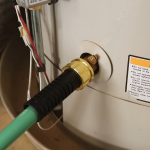
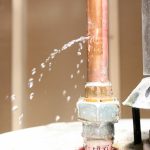



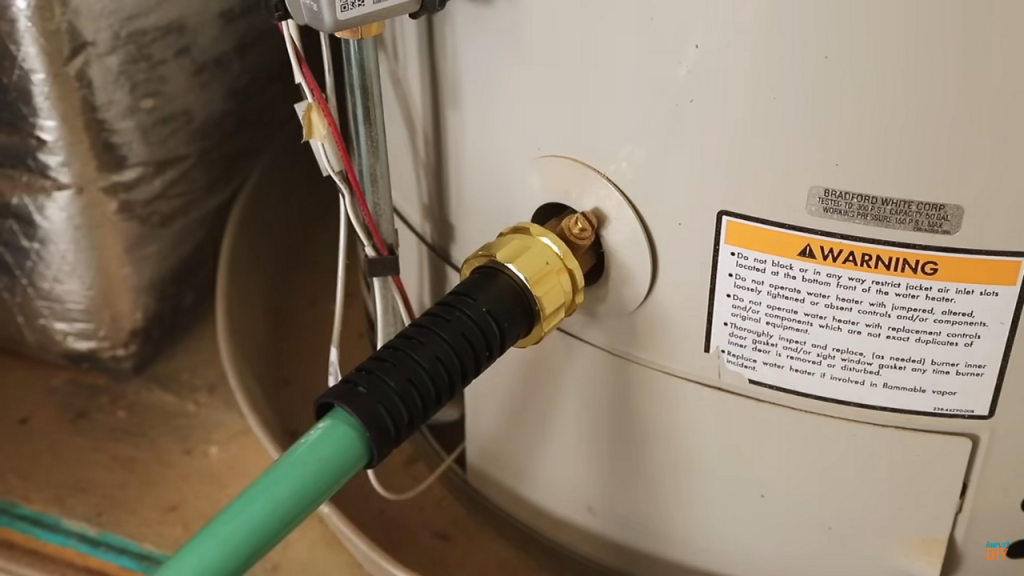
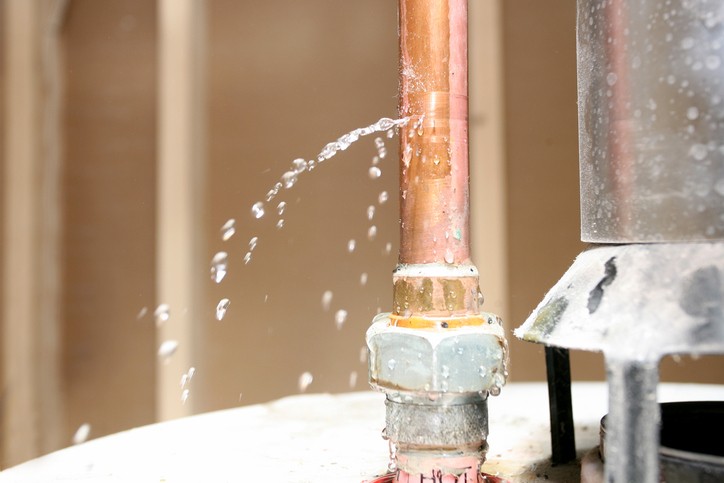
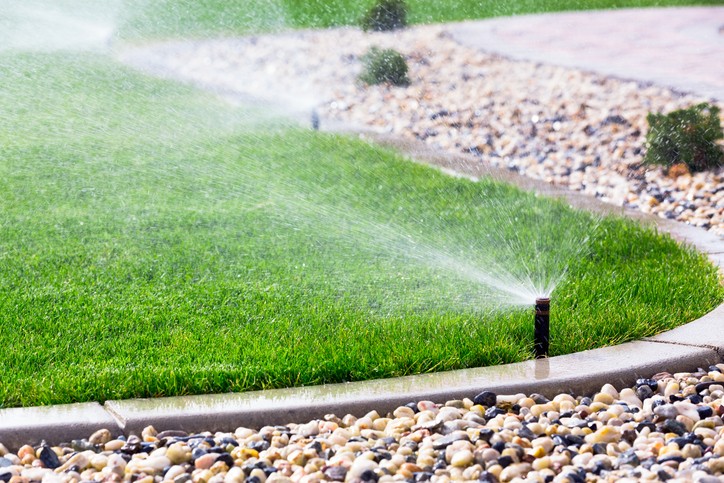
Leave a Reply